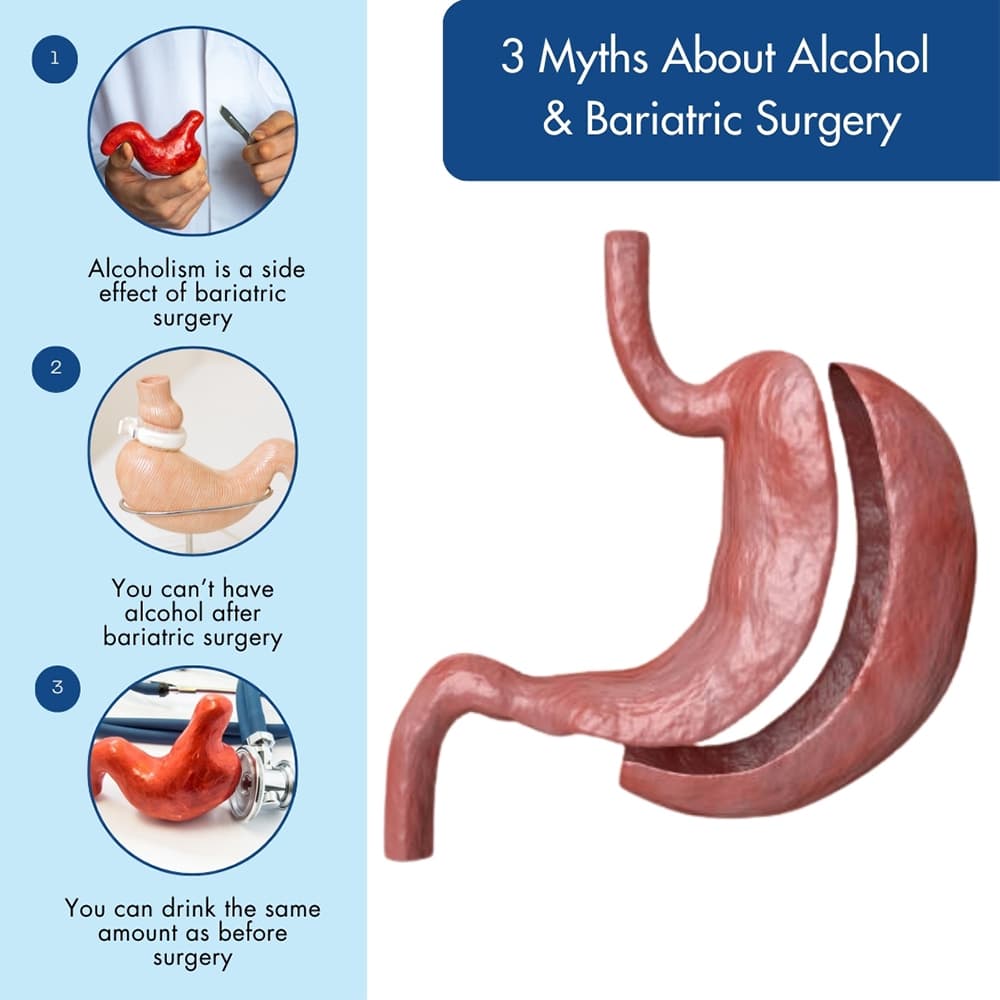Roux-en-Y Gastric Bypass Patients Face Doubled Alcohol Use Disorder Risk After Two Years

Bariatric surgery, a highly effective treatment for severe obesity, has been linked to a significantly increased risk of developing alcohol use disorder (AUD) in the years following the procedure. Research indicates that individuals undergoing certain types of bariatric surgery, particularly Roux-en-Y gastric bypass (RYGB), demonstrate a heightened susceptibility to AUD compared to those who have other abdominal surgeries. This long-term risk underscores the critical need for comprehensive pre- and post-operative patient counseling and monitoring.
Studies show that this elevated risk typically manifests not immediately, but in the subsequent years after surgery. A 2012 study published in JAMA found that while AUD prevalence remained stable in the first year post-operation, it significantly increased from 7.6% pre-surgery to 9.6% in the second postoperative year. Further meta-analyses confirm that the risk becomes particularly pronounced three or more years after the procedure, with some findings suggesting a doubling of risk for certain patient groups.
The increased vulnerability to AUD is largely attributed to altered alcohol metabolism following bariatric procedures, especially RYGB. This surgical modification can lead to faster alcohol absorption, higher peak blood alcohol concentrations, and slower elimination, resulting in increased alcohol sensitivity. While RYGB consistently shows the highest association with post-operative AUD, some newer studies indicate that sleeve gastrectomy (SG) also carries a risk, though gastric banding (LAGB) appears to have a lesser impact on alcohol metabolism.
Pre-existing alcohol use, regular alcohol consumption, male sex, younger age, and lower social support are identified as key predictors for developing post-bariatric AUD. As stated by Crémieux in a recent tweet, "> Compared to individuals who undergo other abdominal surgeries, those who undergo bariatric surgery are at a greatly increased risk of developing alcoholism in subsequent years." This highlights the critical need for healthcare providers to implement robust screening protocols and offer appropriate referrals for long-term follow-up and support for bariatric surgery patients.